Table of contents
Why in the News?
- The Union Cabinet chaired by Prime Minister Shri Narendra Modi approved the establishment of the International Big Cat Alliance (IBCA) with headquarters in India.
- A one-time budgetary support of Rs.150 crore for a period of five years from 2023-24 to 2027-28, was also approved.

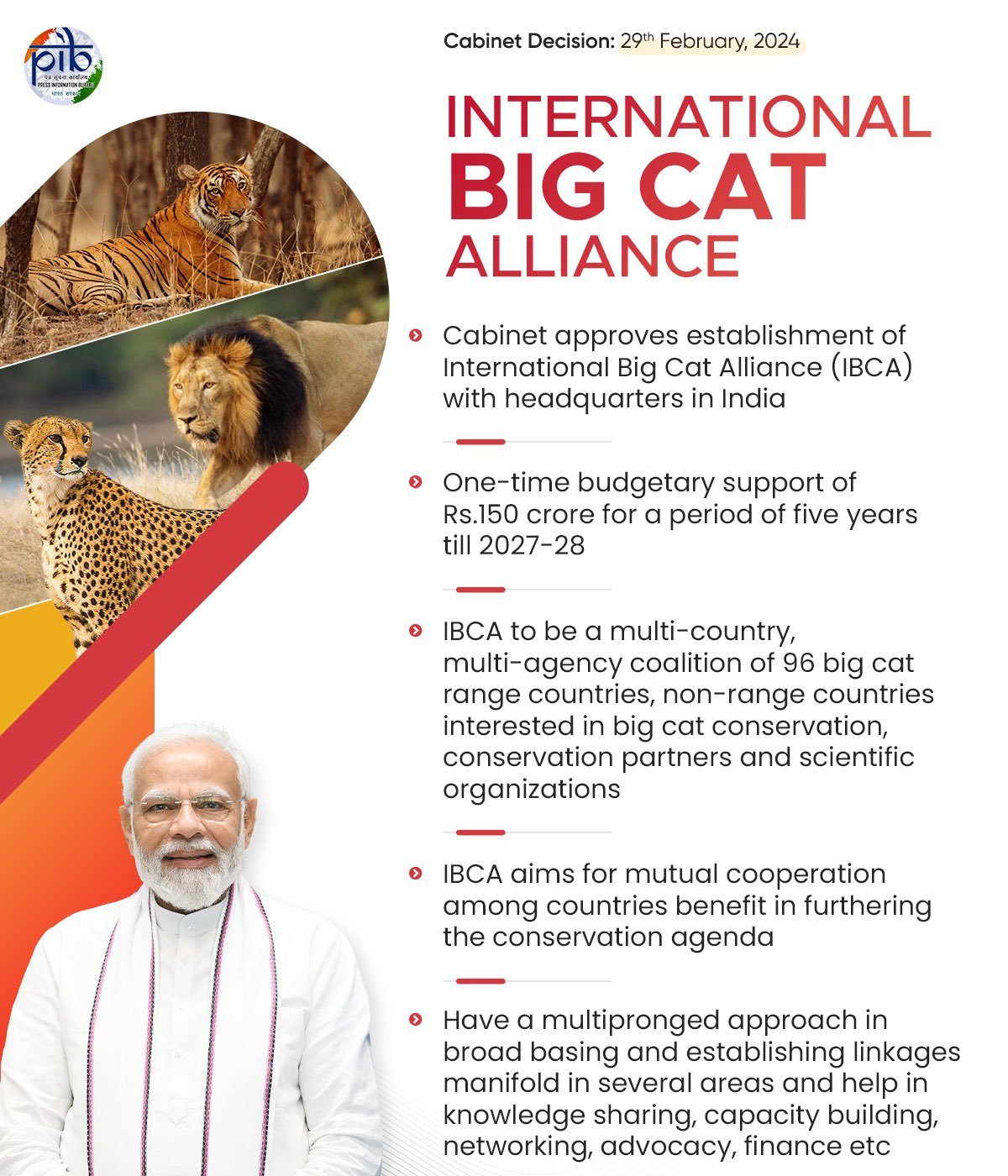
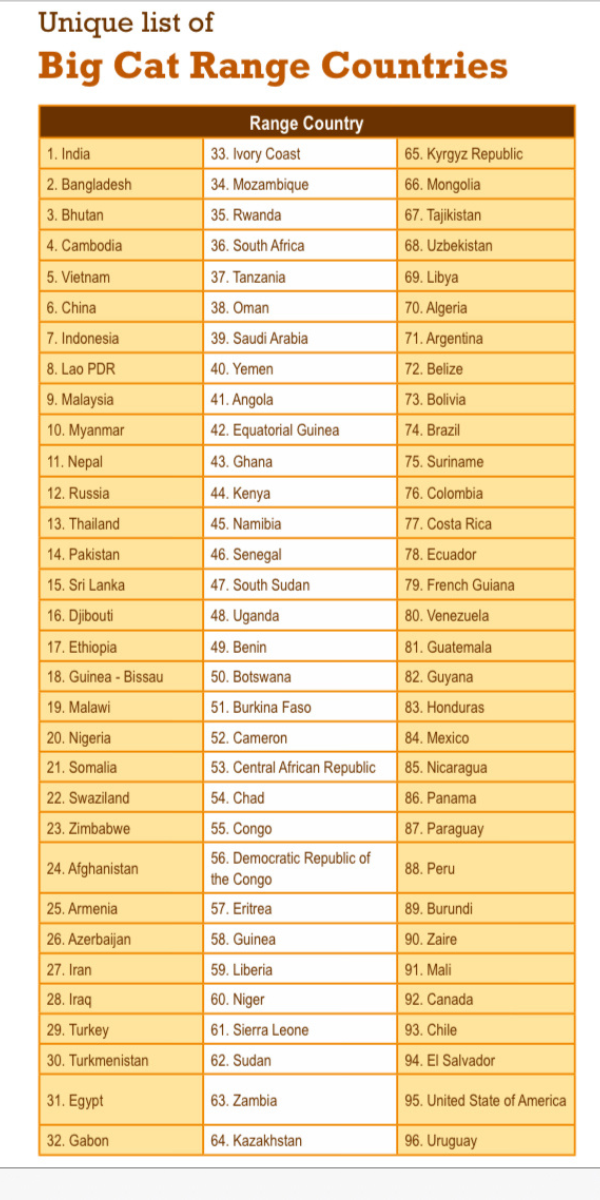
About IBCA
The International Big Cat Alliance (IBCA) is a significant development in global wildlife conservation.
- India launched it in April 2023 during the 50th anniversary of Project Tiger.
- IBCA Headquarters: India.
- IBCA aims to be a game-changer in big cat conservation efforts.
- It is a multi-country, multi-agency coalition of 96 big cat range countries, non-range countries
- Interested parties to establish networks and develop synergies: Conservation partners, Scientific organizations, Business groups and Corporates.
- This will be a demonstrative step in a leadership position on big cat agenda, to bring range countries and others on a common platform.
IBCA signifies a unified approach to protecting the world's seven magnificent big cat species:
Tiger, Lion, Jaguar, Leopard, Snow Leopard, Puma and Cheetah

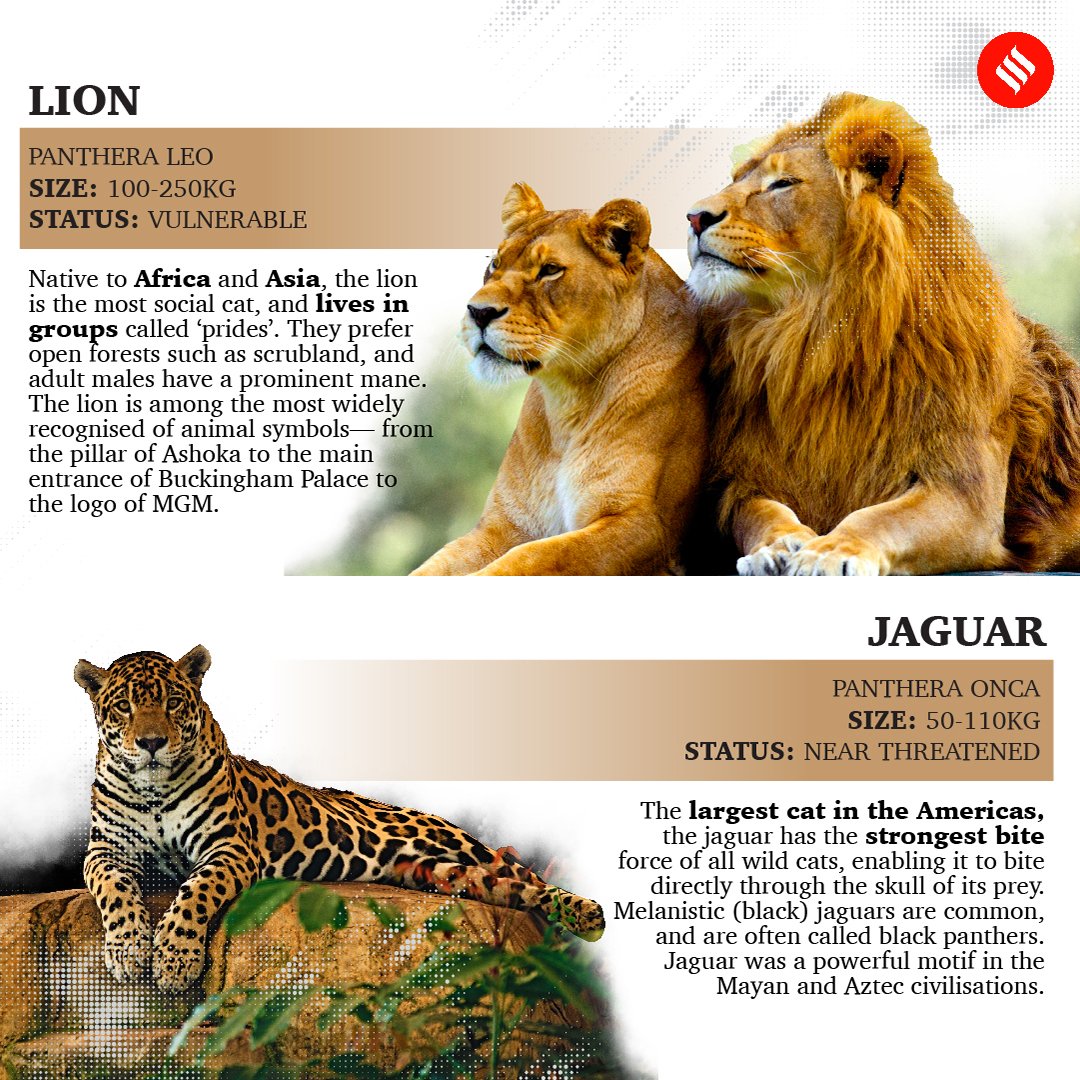

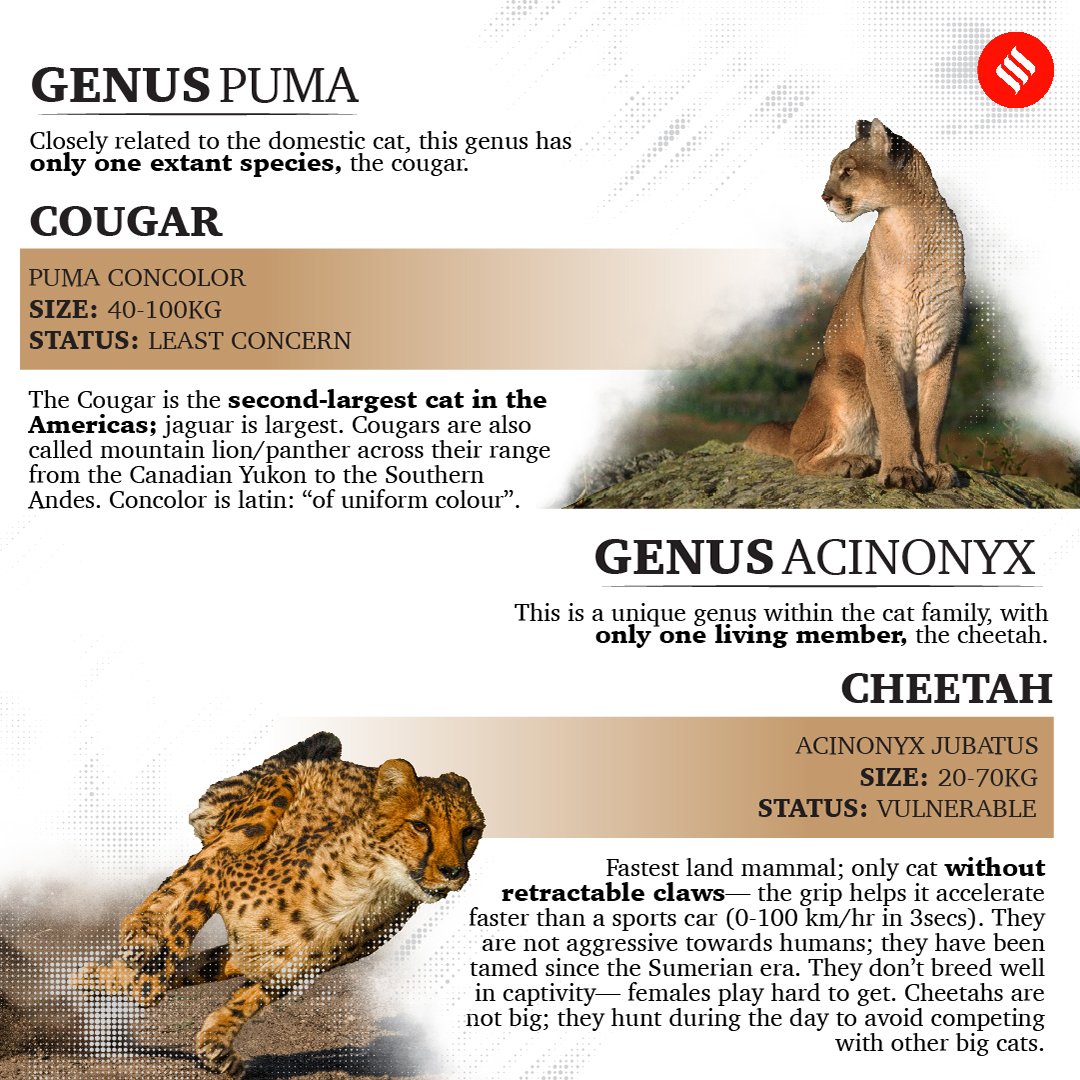
We can't clear UPSC for you.
But with our personalised mentor support, you'll be ready to do it yourself.
What does IBCA aim for?
IBCA's primary goal is to foster international cooperation and strengthen existing conservation efforts. This will be achieved through several key objectives:
- Knowledge Sharing and Capacity Building: The alliance will serve as a platform for exchanging expertise and best practices among member countries.
- This will enhance the knowledge and capabilities of range countries to effectively conserve big cats.
- Standardized Practices: IBCA aims to develop standard operating procedures (SOPs) for big cat conservation.
- These SOPs will provide a unified approach to tackling issues like poaching, habitat loss, and human-wildlife conflict.
- Combating Illegal Wildlife Trade: By addressing illegal wildlife trade, a major threat to big cats, IBCA hopes to significantly reduce poaching.
- This may involve creating a clear set of guidelines for member countries to follow.
- Financial Sustainability: The alliance is designed to become self-sufficient after an initial period supported by India.
- Funding will come from membership fees, contributions from various organizations, and the private sector.
Who are the Partners?
IBCA's success hinges on strong partnerships between various stakeholders:
- Range Countries: All 96 countries where big cats are found are crucial partners. Their active participation and commitment will determine the alliance's effectiveness.
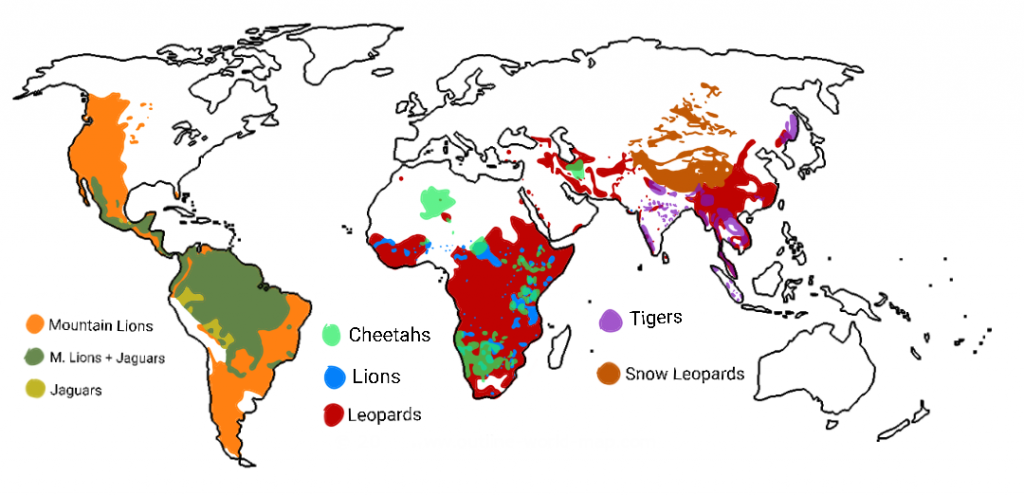
- International Organizations: Collaboration with multilateral organizations will provide vital technical and financial support.
- The United Nations Environment Programme (UNEP)
- The World Wildlife Fund (WWF)
- Conservation NGOs: Non-governmental organizations (NGOs) with extensive experience in big cat conservation will play a key role in on-ground implementation and knowledge sharing.
- Local Communities: The active involvement of local communities living alongside big cats is essential for successful conservation.
- IBCA needs to find ways to empower these communities and ensure they benefit from conservation efforts.
What is the Scope and Coverage of IBCA?
IBCA's comprehensive approach covers a wide range of issues related to big cat conservation:
- Habitat Protection: The alliance will address habitat loss and fragmentation, critical threats to big cat populations. This may involve promoting habitat restoration and establishing corridors for safe movement.
- Anti-Poaching Measures: IBCA will work towards strengthening anti-poaching efforts by improving patrolling, intelligence gathering, and cooperation between law enforcement agencies.
- Enhanced Conservation Practices: Support scientific, community-based and technology-driven conservation solutions.
- Increased Global Cooperation: Foster collaboration between range countries, resulting in synergistic and impactful conservation efforts.
- Species Recovery Programs: For critically endangered species like the Amur leopard and the cheetah, the alliance will support recovery programs to increase their populations.
- Public Awareness and Education: Raising public awareness about the importance of big cats and the threats they face is crucial.
- IBCA will play a role in educating communities and fostering a sense of responsibility towards these magnificent creatures.
The International Big Cat Alliance holds immense promise for the future of big cat conservation. By fostering international collaboration, knowledge sharing, and a multi-pronged approach, IBCA has the potential to ensure the survival of these iconic species for generations to come.
Previous Post